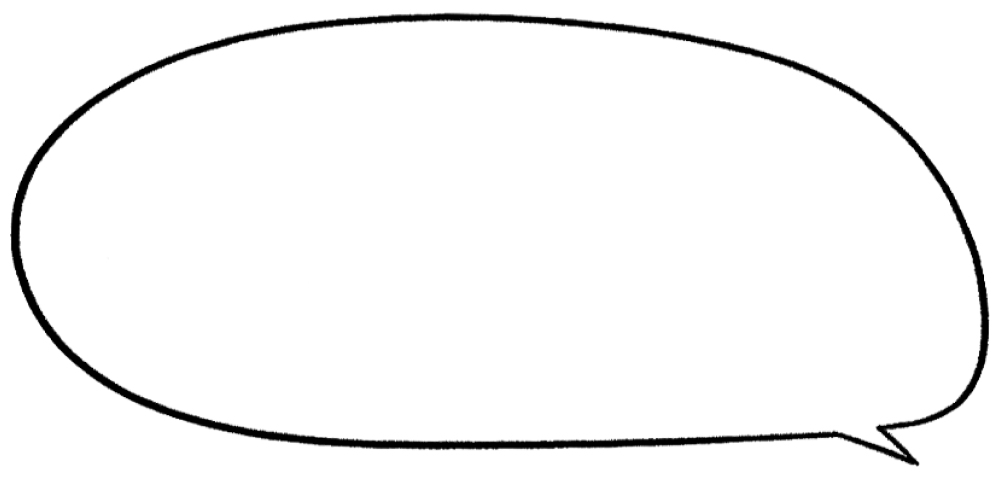
How Qwilr eliminated 10+ hours of meetings every week
Qwilr makes proposal software that helps teams win deals with polish and speed. But behind the scenes, legacy tools and endless meetings were creating bottlenecks instead of flow. By replacing scattered systems and connecting the rest of their tool stack to their Notion workspace, they found a more focused, intentional rhythm of work—with a little help from built-in AI that understands their business end to end.
Breaking free from software sprawl
For growing companies, tools often multiply faster than teams can manage them. Qwilr, a company that turned proposal design into an art form, experienced this firsthand. As their design-forward platform gained traction globally, teams found themselves juggling an increasingly complex web of tools. Conversations lived in Slack, documents scattered across Google Drive, and project management spanned multiple platforms. This led to information silos, workflow friction, and countless hours wasted in unnecessary meetings.
Rather than adding another point solution to the mix, Qwilr's leadership made a bold strategic decision: bring everything together in one connected workspace. By consolidating every team's work into their Notion workspace, Qwilr replaced or reduced licenses for other tools, for an instant net savings of thousands of dollars. Longer term, the move also enabled each team to create custom workflows without purchasing new standalone tools.
But the real change wasn’t just less software—they built a new operating system that prioritized async work and documentation, giving everyone full visibility into company-wide projects without endless meetings and Slack notifications.


With Notion as our central hub, teams can instantly access information, stay aligned, and focus on high-impact work.

Co-Founder & CEO
Default to documentation, meet when it matters
Imagine cutting your meeting load in half without sacrificing collaboration. Instead of relying on meetings to introduce work, share updates, or explain how things are done, Qwilr built a way of working in Notion that makes most of those meetings unnecessary:
Pre-reads replace presentations → When they do meet, teams share context-rich pages ahead of time with nested project briefs, embedded media, and relevant tasks. Comments and contributions happen asynchronously, making collaboration and feedback more thoughtful and less rushed. Now meetings focus on discussion and decisions instead of info sharing.
Live updates, less live meetings → With all work happening in Notion or seamlessly synced through integrations, teams instantly see project updates, task progress, and dependencies across the company. Instead of scheduling status meetings, stakeholders get automated notifications about changes, while anyone can ask Notion AI for real-time updates—making traditional check-ins obsolete.
Context lives in pages, not people’s heads → At Qwilr, nothing lives in someone’s head for long. Teams capture processes, decisions, and ideas in structured Notion templates so anyone can understand the what, why, and what happened next without needing to hold a meeting about it for clarity.
As a result, the average amount of time employees spent in meetings each week dropped by over 10 hours, giving teams more space for deep work, meaningful collaboration, and better decisions made faster.


The concept of ‘another meeting that could’ve been an email’ doesn’t exist here because our meetings are often aysnc collaboration in Notion.

People & Culture Lead
Notion AI becomes everyone’s most knowledgeable coworker
At most companies, adding AI means adding another tool to juggle. At Qwilr, Notion AI became the connective tissue that made their entire workspace smarter. Many think of it as having a colleague who never forgets anything—one who's read every document, attended every meeting, and remembers everything. It’s a teammate that can instantly summarize across multiple sources, distill the key takeaways and action items, and leverage all this knowledge to go from blank page to first draft in seconds.
For example, when employees have questions about internal processes or procedures, they simply ask Notion AI. Every employee now gets instant answers pulled from their comprehensive employee handbook built in Notion, complete with context from across their workspace and connected apps like Slack discussions. This self-serve approach has reduced routine inquiries by over 80% in just the first few months. The HR team no longer spends time repeatedly answering the same questions and can instead focus on more strategic initiatives and projects.
Beyond just finding and chatting about organizational knowledge, Qwilr leverages Notion AI as a comprehensive workflow assistant. Teams use AI to analyze information and generate first drafts and revisions to their work with the full context of all of the company’s organizational knowledge from across their workspace and all their tools connected to it. As a result, Qwilr's teams get more done faster than ever before, while Notion AI takes on the manual grunt work using the latest models.

A new way of working becomes a new way of thinking
What began as a simple effort to reduce tool sprawl became something much more profound. It proved that when you stop managing software and start building systems, work fundamentally changes.
Today, Qwilr operates like a company with a shared brain. In their unified workspace, projects, knowledge, and AI flow together seamlessly. Their async-first culture empowers people to contribute when they're most inspired, while keeping institutional wisdom accessible to everyone. Rather than merely optimizing workflows, they reimagined productive collaboration itself.
For growing companies wrestling with tool sprawl and meeting overload, Qwilr's journey offers more than tactics. It reveals a blueprint for the future of work, one where intelligent systems amplify human creativity instead of fragmenting it.


Our Notion workspace is vital for staying aligned. It's our hub for ideation, team agendas, and one-on-ones. We document everything from marketing syncs to individual check-ins.

Head of Product Marketing









